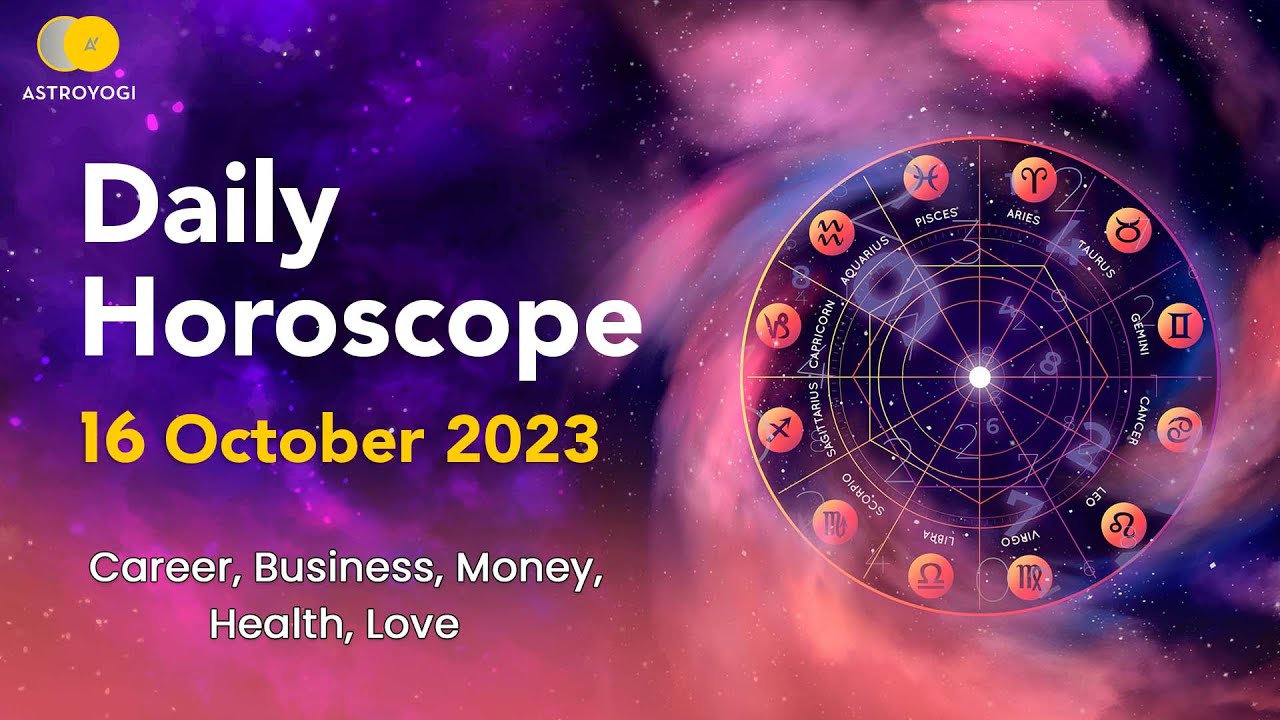In a world governed by the laws of physics and propelled by scientific advancement, the mystique of love and relationship astrology reading continues to captivate the curious minds of many. This ancient practice, deeply embedded in human history, holds a captivating allure, offering insights into personalities, destinies, and the interconnectedness between celestial bodies and earthly lives.
Origins and Evolution
Astrology’s roots trace back to ancient civilizations, where early astronomers observed the stars, planets, and their apparent movements across the night sky. From Mesopotamia to Egypt, Greece to China, cultures developed complex systems to interpret these celestial dances, correlating them with human events and behavior.
The foundation of Western astrology, as we know it today, was laid by the Greeks. Pioneers like Claudius Ptolemy formalized astrological principles in the second century AD, emphasizing the connection between planetary positions at the time of birth and an individual’s life path.
Understanding Astrology
At its core, astrology operates on the principle of cosmic interconnectedness, asserting that the positions of celestial bodies at significant moments, such as birth, can influence and reflect one’s personality, strengths, challenges, and destiny.
The zodiac, divided into twelve signs, serves as astrology’s primary framework. Each sign corresponds to specific dates and possesses distinct characteristics attributed to the elements—fire, earth, air, and water—along with modalities like cardinal, fixed, and mutable.
